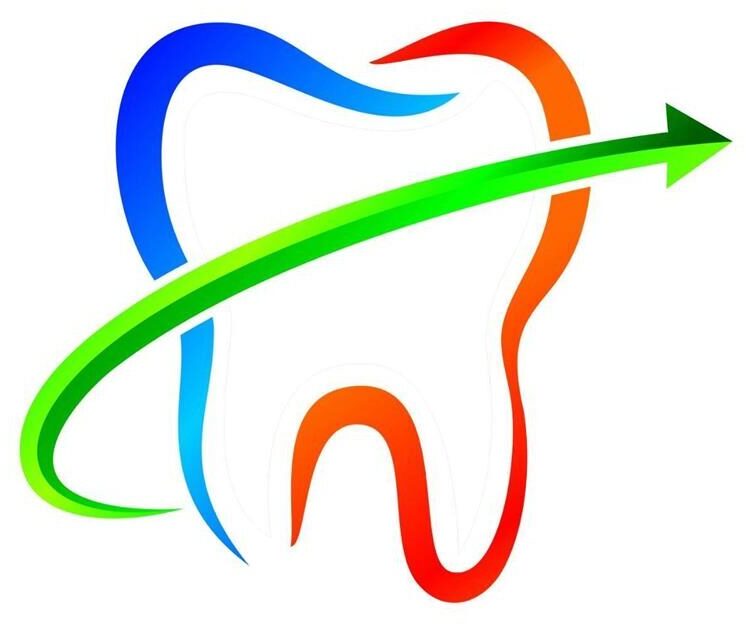What is Bruxism in Children?
Bruxism in children means they grind or clench their teeth. This often happens during sleep, but it can also occur when they are awake. Many parents notice teeth grinding in kids at night. While some children outgrow it, others may need help to stop. Early attention can prevent dental problems later. In the United States, bruxism in children is quite common, especially among young kids.
Common Signs and Symptoms
It is important to spot the signs of bruxism in children early. Sometimes, kids do not realize they are grinding their teeth. However, parents can look for these signs:
Additionally, some children may have trouble sleeping well. If you notice any of these symptoms, it is wise to talk to a dentist.
Causes and Risk Factors
Bruxism in children can have several causes. Often, it is linked to stress or anxiety. However, other factors may play a role. For example, teeth grinding in kids can happen if their teeth are not aligned properly. Here are some common causes and risk factors:
Because many things can cause bruxism, it is important to watch for changes in your child’s behavior or health.
How Bruxism is Diagnosed
Usually, a dentist diagnoses bruxism in children during a regular checkup. First, the dentist will ask about your child’s sleep and any symptoms. Next, they will look for signs of worn teeth or jaw problems. Sometimes, the dentist may ask about stress at home or school. In rare cases, they might suggest a sleep study to check for other issues. Early diagnosis helps prevent damage to your child’s teeth.
Prevention Tips for Parents
There are several ways to help prevent bruxism in children. While not all cases can be avoided, these tips may reduce the risk:
By following these steps, you can help protect your child’s teeth and well-being. Additionally, staying alert to changes in your child’s habits is important.
When to See a Dentist
It is best to see a dentist if you notice signs of bruxism in your child. For example, if your child complains of jaw pain, headaches, or you hear teeth grinding at night, make an appointment. Also, visit the dentist if you see worn or chipped teeth. Early treatment can prevent further problems. Dentists can offer advice and suggest ways to stop teeth grinding in kids.

